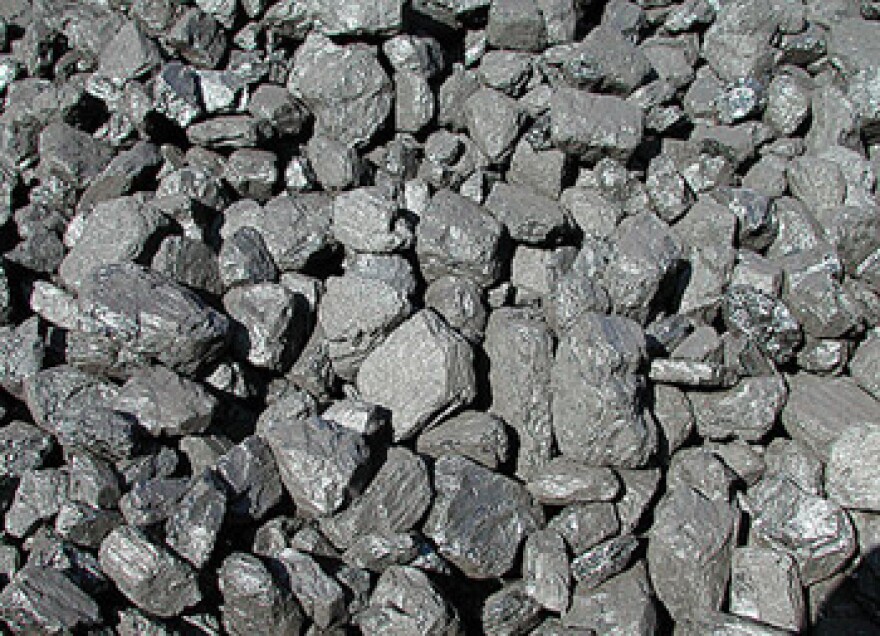The controversy over coal use hits close to home.
It’s not only that coal-burning companies Ameren Missouri, Peabody Energy, and Arch Coal are headquartered in St. Louis, or that statewide battles have been waged over coal burning and the storing of ash.
It’s that over 80% of Missouri’s generated electricity comes from coal, eliciting frustrating and critical questions about local use of coal-fueled electricity: is it really the cheapest source of energy? And if so, does cost-effectiveness outweigh its deleterious effects on health and the environment?
Nick Mullins is a member of Breaking Clean, a public-outreach initiative traveling across the country to make people think more critically about the sources of their local energy. Mullins is a former coal miner himself, of a fourth-generation Appalachian mining family. He left Virginia out of fear that he would not be able to safely raise his family there, citing contaminated waters and rising cancer rates—and well aware that he was leaving a lucrative business.
“It’s a job with a lot of short-term gains and long-term losses,” Mullins said.
Unlike Virginia, Missouri gets 100% of its coal from out-of-state, said John Hickey, Missouri chapter director for the Sierra Club. Most environmental concerns thus stem from coal-burning and the leaching of toxic chemicals into the soil surrounding power plants and ash storage facilities—not mining.
However, 80% of Missouri electricity is generated by burning coal. It’s a surprising figure, especially when nationwide coal-burning provides only 30% of energy use. Evidently, other states have managed to wean themselves off of coal.
“We can do that here, as well,” Hickey insisted. He argued that the common economic arguments for keeping Missouri a coal-burning state are flawed.
For one thing, because the state depends solely on out-of-state coal, few jobs are created by the powerhouse businesses that transport and burn it. “Whereas if you look at the clean energy sector in Missouri—energy efficiency, wind, solar….clean energy technologies are much [greater] job-creating engines than coal,” Hickey said.
Furthermore, coal is not necessarily the cheapest means of fueling the grid, although coal-fueled energy companies promote lower rates (and thus lower bills). Low energy efficiency is just as costly as high rates of charge, Hickey said, and the St. Louis region has many buildings that do not conserve their energy well.
Invisible, long-term costs must be factored in as well: notably, the kinds of health concerns that drove Mullins and his family from Appalachia. The St. Louis metro region has low air quality and high rates of asthma, both commonly attributed to the area’s coal-burning plants.
“So right now, all these people who are dying of stroke, asthma, etc., they’re not on the balance sheet for Ameren,” Hickey said. “Ameren’s not paying that cost; we are bearing that cost, in addition to the costs we’re paying by writing a check to Ameren each month.”
Related Event
Missouri Sierra Club Presents Breaking Clean Tour
- Thursday, July 30, 2015
- 6:00 - 8:00 p.m.
- St. Louis Public Library's Schlafly Branch, 225 N. Euclid, St. Louis, MO 63108
St. Louis on the Air discusses issues and concerns facing the St. Louis area. The show is produced by Mary Edwards and Alex Heuer and hosted by veteran journalist Don Marsh. Follow us on Twitter: @STLonAir.





